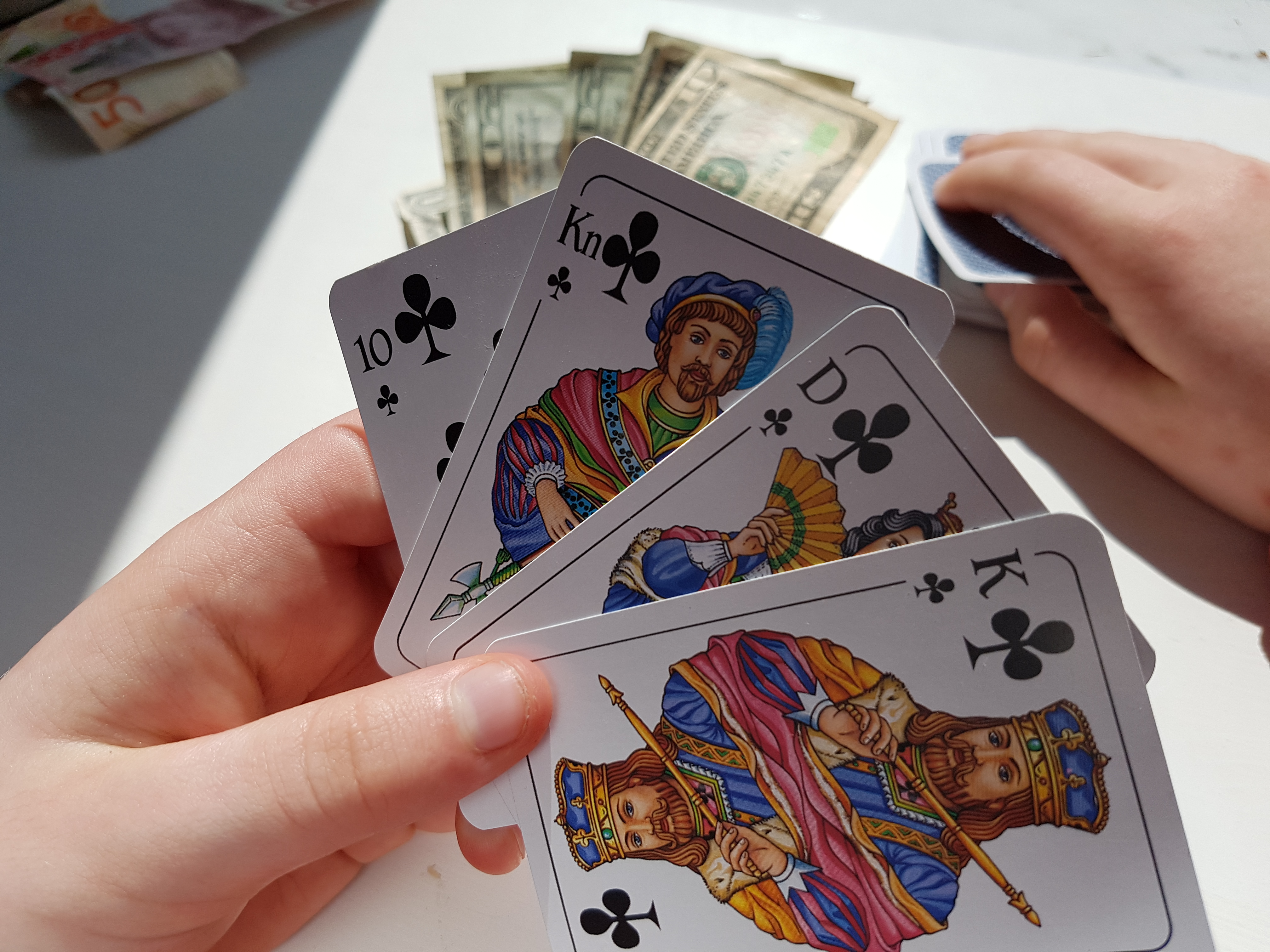Pre-commitment tools – allowing users of gambling services to pre-set a limit for how much money they may spend – are relatively common. However, there exist no clear evidence of their effectiveness in preventing gamblers from spending more money than they otherwise planned. The aim of the study was to compare gambling intensity between users of an online gambling service prompted to set a deposit limit and non-prompted customers, both in the whole sample and among most active users based on the total number of gambling days. Prospective customers of a publicly governed gambling operator from Finland were randomized to receive a prompt to set a voluntary deposit limit of optional size either 1) at registration, 2) before or 3) after their first deposit, or 4) to an unprompted control condition. Data on customers from Finland with online slots as a preferred gambling category (N=4328) were tracked in the platform for 90 days starting at account registration, gambling intensity being measured with aggregated net loss. The intervention groups did not differ from each other in either proportion of participants with positive net loss or size of positive net loss. The pooled intervention group did not differ from the control group regarding proportion of gamblers with positive net loss (OR=1.0; p=.921) or size of net loss (B=-0.1; p=.291). The intervention groups had higher rates of limit-setters compared to the control condition (ORat-registration/pre-deposit/post-deposit = 11.9/9.2/4.1). Customers who have increased/removed a previously set deposit limit had higher net loss than the limit-setters who have not increased/removed their limit (Bat-registration/pre-deposit/post-deposit/control = 0.7/0.6/1.0/1.3), and unprompted limit-setters lost more than unprompted non-setters (B=1.0). Prompting online gamblers to set a voluntary deposit limit of optional size did not affect subsequent net loss compared to unprompted customers, motivating design and evaluation of alternative pre-commitment tools. Setting a deposit limit without a prompt or increasing/removing a previously set limit may be a marker of gambling problems and may be used to identify customers in need of help.
Read the full paper (open access):
Ivanova, E., Magnusson, K., & Carlbring, P. (2019). Deposit Limit Prompt in Online Gambling for Reducing Gambling Intensity: A Randomized Controlled Trial. Frontiers in Psychology, 10(639). doi:10.3389/fpsyg.2019.00639
